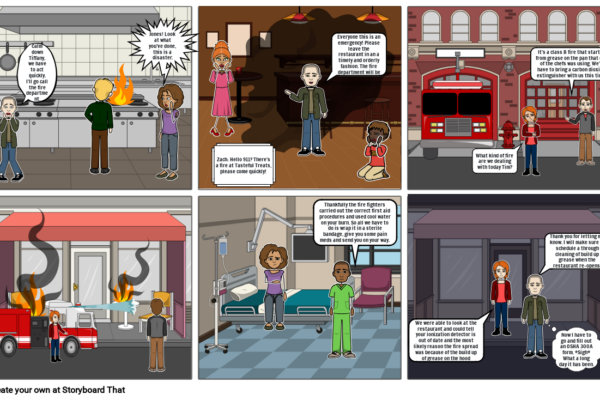
Introduction
Since its debut in 2015, Hamilton has transcended the boundaries of conventional theatre, redefining the modern musical landscape. Created by Lin-Manuel Miranda, this groundbreaking show has not only captivated audiences with its inventive storytelling and catchy rap-infused score but has also sparked discussions about race, history, and representation in the arts. The relevance of Hamilton extends beyond the stage, impacting education, politics, and cultural conversations in contemporary society.
The Rise of Hamilton
Hamilton tells the story of Alexander Hamilton, one of the founding fathers of the United States, through a diverse cast, with music styles encompassing hip-hop, R&B, and traditional show tunes. Its success on Broadway led to sold-out performances and a significant cultural phenomenon, emphasising its historical significance and its relatable portrayal of ambition, legacy, and resilience.
The musical’s popularity skyrocketed, earning 11 Tony Awards, including Best Musical, and a Pulitzer Prize for Drama. Its original cast recording won the Grammy Award for Best Musical Theatre Album, further cementing Hamilton’s influence on music and theatre.
Impact on Society
In addition to its accolades, Hamilton has fostered renewed interest in history among younger audiences, leading to educational initiatives such as the ‘Hamilton Education Program’. This program has allowed thousands of students to engage with American history and attend performances, bridging the gap between arts and education. Teachers have incorporated the musical into their curriculum as a tool to discuss the founding of the United States and the complexities surrounding its narratives.
Moreover, Hamilton has sparked conversation about diversity and representation within the arts, encouraging other productions to consider diverse casting and stories that reflect a broader range of perspectives. The impact of Hamilton is evident, as it has inspired a wave of new musicals that challenge traditional narratives.
Conclusion
As the legacy of Hamilton continues to unfold, its significance persists in the realms of theatre and society. The musical not only entertains but educates and provokes thought regarding historical representation and social issues. Looking ahead, Hamilton’s influence may pave the way for further innovations in musical theatre, prompting artists and audiences alike to reconsider the narratives that are told and the voices that are heard. As we continue to navigate a rapidly changing world, Hamilton stands as a testament to the power of storytelling in fostering understanding and connection across diverse communities.
You may also like

The Importance of Nations in Modern Society

Understanding National Events and Their Significance

The Significance of the West in Today’s World
SEARCH
LAST NEWS
- Remembering Wendy Richard: The Promise to Co-Star Natalie Cassidy
- How Did Anglian Water Achieve an ‘Essentials’ Rating for Mental Health Accessibility?
- Shai Hope Leads West Indies in T20 World Cup Clash Against South Africa
- What We Know About Weston McKennie: Future at Juventus and Past at Leeds
- What We Know About the Upcoming Live Nation Antitrust Trial